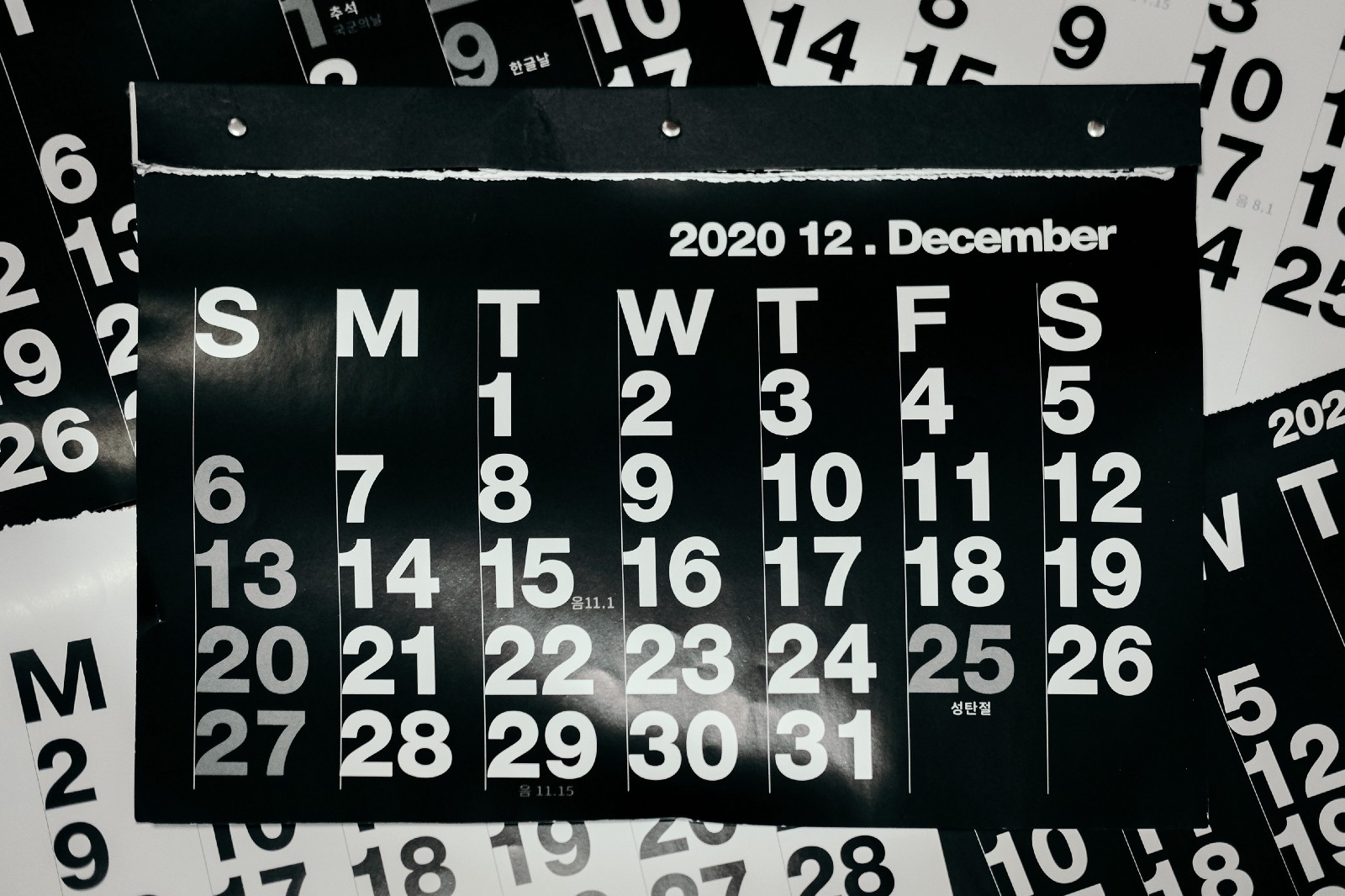Focus is a complex thing.
In our crazy information-packed world a bunch of ingredients (skills and strategies) are needed to master it.
Why is good organisation important at work?
Before you can even think about focusing effectively on something it's essential that you know what to focus on. You need a good plan for what you want to do and how you’re going to do it. This starting point for better focus towards work sounds simple, but unfortunately it's harder than it sounds.
How can you get more organized?
Here are the most effective strategies I have found for improving your organisation skills.
1. Prioritise the most important things to you
You need to be careful not to let too much of your time become absorbed by distractions (things that take you away from what you want to be doing).
You only have so much time and attention in a day and you’re already using it all. The question is are you using it well?
You should regularly evaluate what you are giving your attention and re-prioritise it towards the things you get the most fulfilment from (this goes for all aspects of life). For work, this often means deep work, for leisure time this often means spending more time with family and giving them 100% of your attention.
2. Use a system that helps you avoid forgetting things
One of the most annoying and biggest disruptors to your focus is not knowing what you had in mind that you wanted to do. Maybe it’s sending an important email before it’s too late.
Thankfully there are so many options (physical or software) that make it easy to write down a to-do list for whatever you need to do.
This works great in combination with a calendar to note down not only upcoming events but certain time-sensitive things you need to get done or remember.
3. Make SMART goals (sometimes)
It can be useful to have a very clear course of action for your goals. SMART = Specific, Measurable, Attainable, Realistic, Timely. Using this framework forces you to think beyond what you want to how you will get it.
But beware – the overreliance on goals can be unsustainable. Setting a goal doesn’t guarantee success — winners and losers both set goals — and even if you are successful it only results in a momentary change that doesn’t necessarily result in long-term progress. It’s probably better for the most part to invest your energy into improving repeatable systems (such as habits) rather than thinking so much about goals.
4. Start timeboxing
In its simplest form timeboxing is just working on a defined task for a certain amount of time. Sometimes it can help to pre-plan your day with specific boxes of time dedicated towards what you want to do.
What this does is it frees up all your attention so you can focus solely on the task at hand. Contrary to popular belief we are terrible at multitasking, because what psychologists call ‘attention residue’ is spread everywhere, drastically reducing our cognitive performance. One study even found that it takes us on average 23 minutes to get focused on a task after a distraction.
Timeboxing reduces the frequency of your brain switching contexts, allowing you to use more of your attentional resources for what you want to do in the present moment.
5. Schedule distractions
Another important aspect of timeboxing is to also batch time for common distracting things. For example, instead of checking your messages or email every 5 minutes try to check it for just 5 minutes at the start of every hour.
If you want to cut down even more you can restrict yourself to only check your social media or news at 5pm or whatever time you choose (preferably not first thing in the morning for reasons we will get into in Ingredient #2).
This tactic can feel easier for some people than completely mapping out your entire day.
6. Plan with nudges
Often we procrastinate because the irrational part of our brains sees the short-term reward of a scroll through social media, checking the news, etc as a more attractive option than a long-winded task on which you don’t even know where to start.
One powerful way to change that is to break down big tasks into smaller, easier sounding tasks. This works well because the easier something is to do, the more likely we are to do it. For example, if I was working on a Powerpoint presentation that I knew was going to take 8 hours, it would be much easier to get started if my to-do list simply said ‘Finish first slide’ compared to ‘Make presentation’.
FAQs about Organization
How do I motivate myself to stay organized?
My favourite way to keep motivated and organized all the time is simply starting the day with a quick win. I have made the habit of planning out my day in the first 5 minutes after waking up. There are a bunch of other little ways you can set up nudges that make it easier for you to motivate yourself to stay organized and focused— we’ll go a bit deeper on the topic of self-motivation in Ingredient #4.
How do you clean up that feeling of being overwhelmed by mental clutter?
When you have a period when you aren't as organized as you should be you may feel overwhelmed. There's one simple thing you can do: write down your all of your thoughts in a journal or notes app, to get out all of the thoughts from your mind. This writing process is well known for soothing the mind.
That’s quite a comprehensive list of strategies, and it’s a lot of information to take in. If you’ve made it this far, well done! Put a note in your calendar to come back here in 2 days from now to check how well you’re implementing these strategies.






